Thinking outside the box: Summit Pacific Medical Center’s Food as Medicine Program
Two of NRHA’s 2025 Rural Health Award winners are from Summit Pacific Medical Center in Elma, Wash.: Amanda Achterman, our Practitioner of the Year, and Food as Medicine, our Outstanding Rural Health Program. These features highlight how providers and staff at this innovative critical access hospital are working to improve health and well-being in their rural community, which currently ranks 36th out of 39 Washington counties for health outcomes and 35th in overall health factors on the County Health Rankings and Roadmaps compiled by the Robert Wood Johnson Foundation.
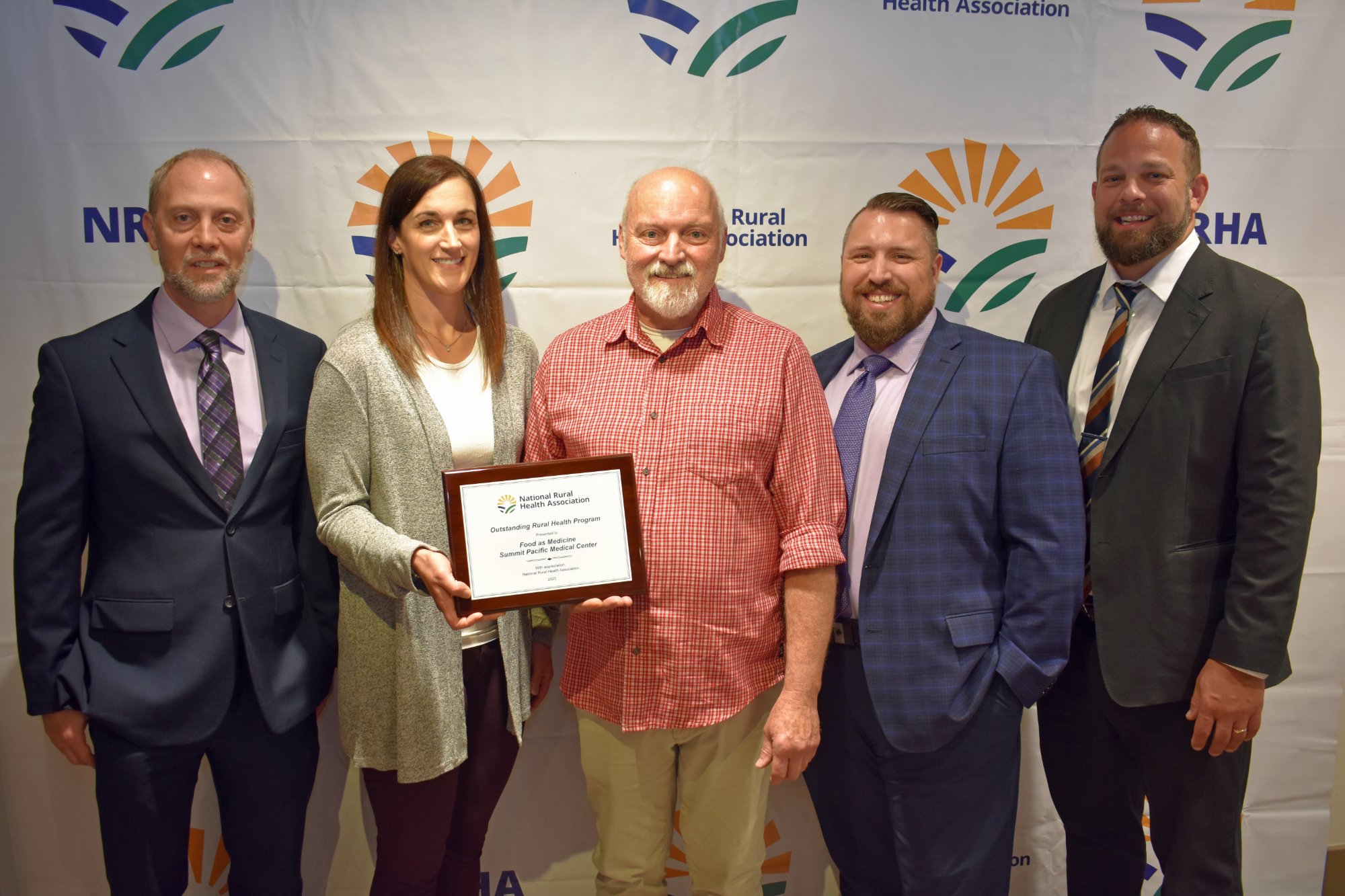 Kevin Caserta, Sarah Carossino, SPMC executive chef Brandon Smith, SPMC board chair Andrew Hooper, and Josh Martin accept their awardAt Summit Pacific Medical Center in rural Elma, Wash., the journey toward a healthier community started with a bold vision. Residents face higher rates of adult and childhood obesity and have lower self-reported quality of life compared to state averages, as well as chronic diseases such as diabetes, cancer, and cardiovascular disease. That's why hospital leaders worked together and collaborated with Medicaid managed care provider Wellpoint Washington to create Summit Care, an overarching initiative to improve community health by emphasizing preventive care and mental health and expanding hospital services.
Kevin Caserta, Sarah Carossino, SPMC executive chef Brandon Smith, SPMC board chair Andrew Hooper, and Josh Martin accept their awardAt Summit Pacific Medical Center in rural Elma, Wash., the journey toward a healthier community started with a bold vision. Residents face higher rates of adult and childhood obesity and have lower self-reported quality of life compared to state averages, as well as chronic diseases such as diabetes, cancer, and cardiovascular disease. That's why hospital leaders worked together and collaborated with Medicaid managed care provider Wellpoint Washington to create Summit Care, an overarching initiative to improve community health by emphasizing preventive care and mental health and expanding hospital services.
“Through Summit Care, we want to build the healthiest community in the nation,” says Summit Pacific CEO Josh Martin. “That vision gave us permission to try something new. It gave us permission to think outside the box and reimagine what a health care provider should be around disease prevention, not just disease management.”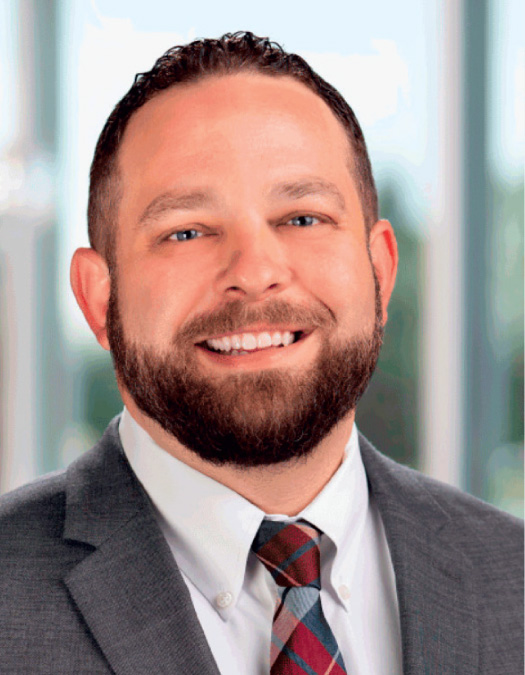 Josh Martin
Josh Martin
A key piece of this initiative is Food as Medicine, or Food Rx - a pilot program supported by investments from Wellpoint Washington. Targeting the most at-risk patients and their families, this pilot program provides access to healthy food and cooking classes, allows patients to meet regularly with a nutritionist, and encourages participants to focus on mental health, exercise, and movement. Now in its fifth year, the program serves approximately 125 patients and their families in Greys Harbor County.
To identify the patients most in need, the program zeroes in on a specific subset of the Medicaid population, with a clinical risk assessment being used to measure A1C, blood pressure, and BMI. Once patients qualify, they are referred to Food Rx by their primary care physician. Through the program, they receive ingredients and recipes to prepare healthy meals each week, and they meet regularly with a nutritionist. According to Kevin Caserta, Summit Pacific medical director for population health, this makes it easier and more affordable for patients to change the way they eat and overcome what he calls “generational bad eating habits.”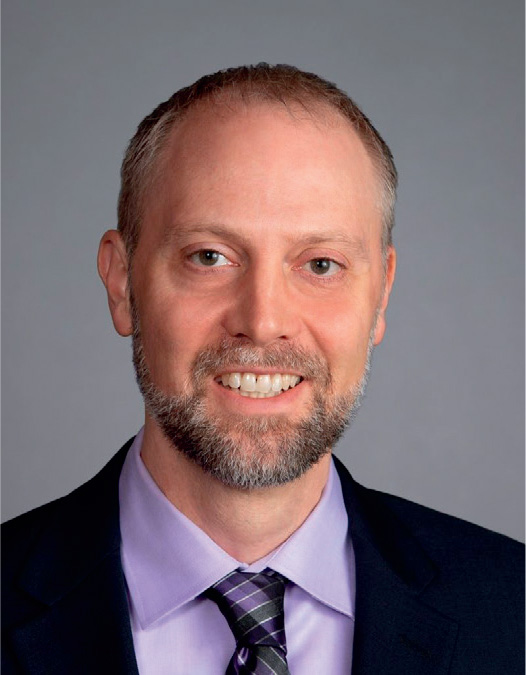 Kevin Caserta
Kevin Caserta
“Cultural receptiveness to unhealthy food exists in rural communities, especially ours – so we have to create the conditions for people to try something different,” Martin adds. “But what we’re dealing with is the cost – going to the store and creating a healthy meal is going to cost more than a burger. Together with our partner, Wellpoint Washington, we were able to create a program that was cost effective, easily accessible, and sustainable so we could hardwire not just with the patient but their family.”
Nutritionist Sarah Carossino develops recipes for the program and works with patients to discuss nutrition and set realistic goals. Because many patients are new to healthy eating, she focuses on helping them make small changes, such as adding a vegetable with lunch or a fruit with breakfast. The endgame, she says, is to promote sustainable, long-term change – to where they are cooking food at home most nights instead of pulling out a freezer meal or heading for the nearest drive-through.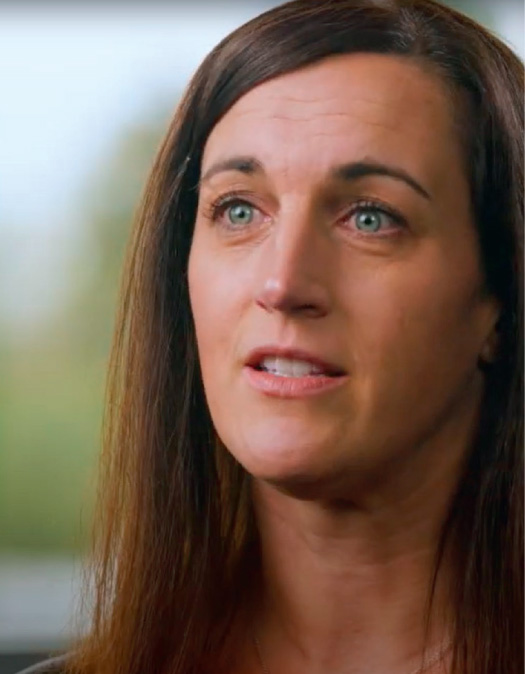 Sarah Carossino
Sarah Carossino
“A lot of patients are on a fixed income and rely on food stamps to get their food, so this is financially helpful for them,” she says. “People oftentimes don’t know where to start, so this gives them a starting place. It's really rewarding to see them meeting their goals – and when they realize eating healthy doesn’t have to taste bad or be boring. Even if their weight hasn’t changed a lot yet they start feeling better, and they can walk a little father. I call those non-scale victories.
The program also highlights a growing awareness of the importance of prevention in the medical community. Historically the health care system has only treated patients once they’ve already been diagnosed with a chronic condition, so the Summit Pacific team is excited to help patients turn around their health and make positive changes before it becomes an emergency that requires medical intervention.
"It gave us permission to think outside the box and reimagine what a health care provider should be around disease prevention, not just disease management." – Josh Martin |
“The reality is you look at the biggest risk factors against health in our country and we know that if people are able to eat healthier and exercise they decrease their risk factors for heart disease, diabetes, and even many cancers,” Caserta says. “If people eat better, their quality of life and longevity will be on average improved.”
.jpg) Sarah Carossino meeting with a patientSince its inception, the program has proven successful at reducing BMI and A1C, lowering blood pressure, and improving patient experience – as well as demonstrating that preventive care saves money in the long run, as treating a chronic disease is often drastically more expensive than investing in healthy food, exercise equipment, and education. For these reasons, Food Rx has maintained the financial backing and ongoing support of Wellpoint Washington.
Sarah Carossino meeting with a patientSince its inception, the program has proven successful at reducing BMI and A1C, lowering blood pressure, and improving patient experience – as well as demonstrating that preventive care saves money in the long run, as treating a chronic disease is often drastically more expensive than investing in healthy food, exercise equipment, and education. For these reasons, Food Rx has maintained the financial backing and ongoing support of Wellpoint Washington.
"Cultural receptiveness to unhealthy food exists in rural communities, especially ours – so we have to create the conditions for people to try something different." – Josh Martin |
“Our ongoing partnership with Summit Pacific Medical Center reflects what’s possible when we come together around a shared commitment to whole-person health,” says Lisa Bogard, Wellpoint Washington Medicaid Plan president and CEO. “Through programs like Food Rx, we’re helping make healthy food, nutrition education, and preventive care more accessible for the people who need it most."
Martin says this support has been essential in getting their vision off the ground, and one day he hopes it can expand to serve “everyone who needs it.”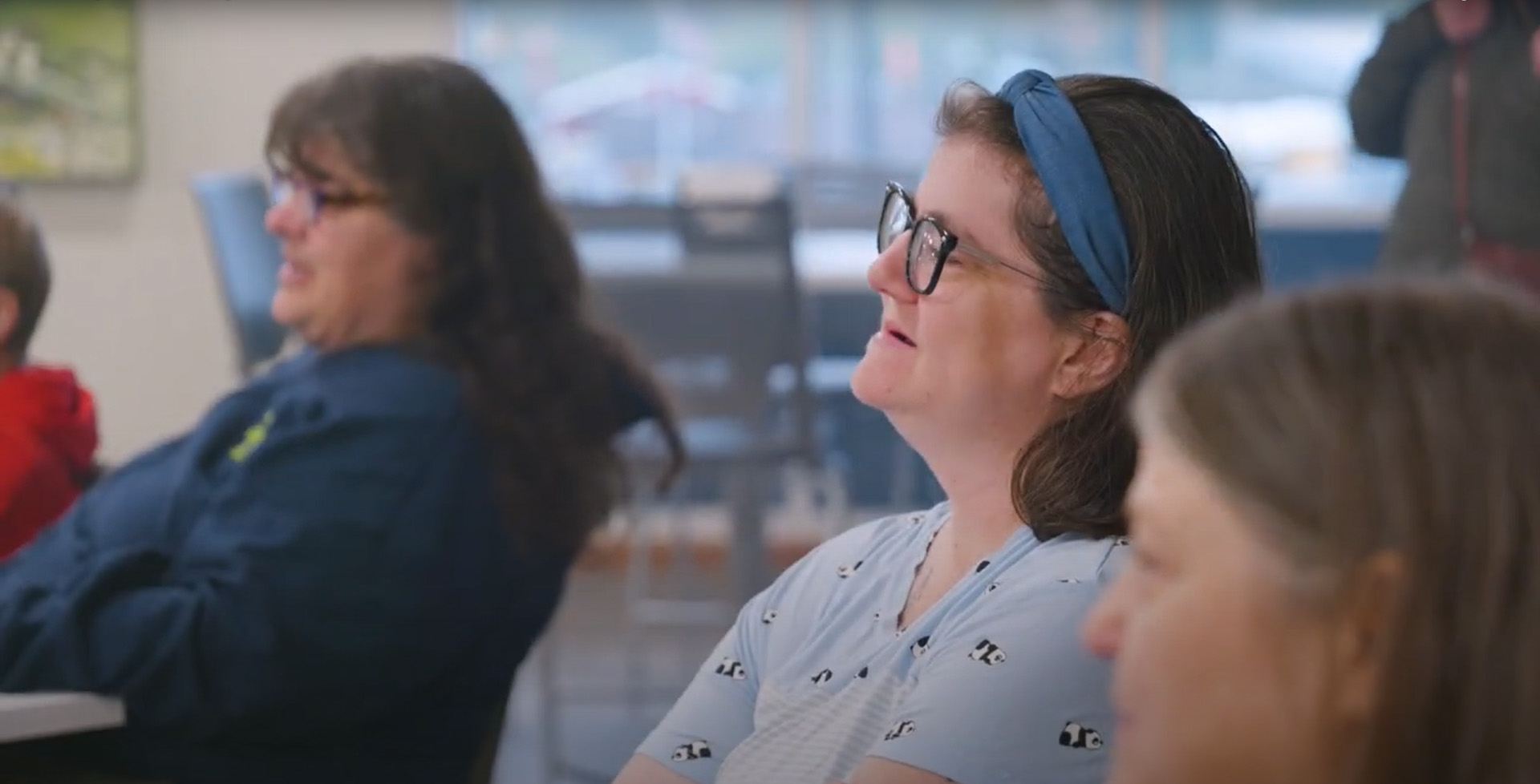 Food as Medicine program patients“I’ve learned that innovation happens in rural, because we have to do more with less,” Martin adds. “It’s a blank canvas and you can paint whatever you want – you just have to figure out how to fund it. What I love about rural is that we put the patient at the center of all we do, and we are willing to be agile and flexible and try new things to make a lasting impact for future generations.”
Food as Medicine program patients“I’ve learned that innovation happens in rural, because we have to do more with less,” Martin adds. “It’s a blank canvas and you can paint whatever you want – you just have to figure out how to fund it. What I love about rural is that we put the patient at the center of all we do, and we are willing to be agile and flexible and try new things to make a lasting impact for future generations.”
